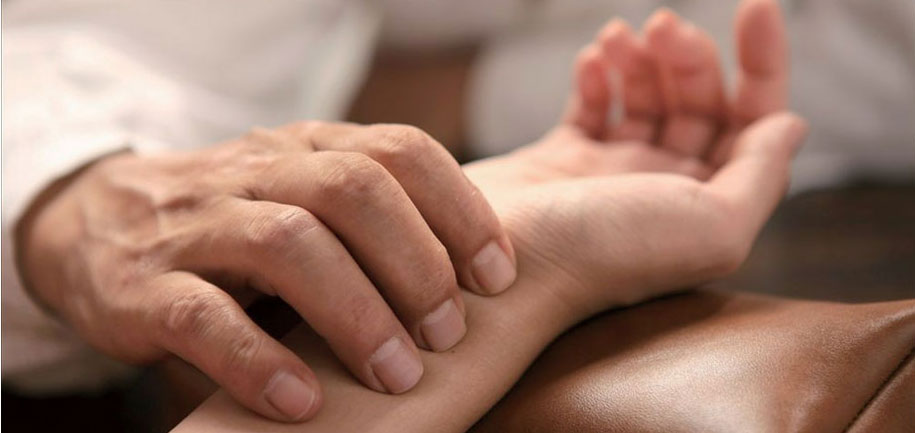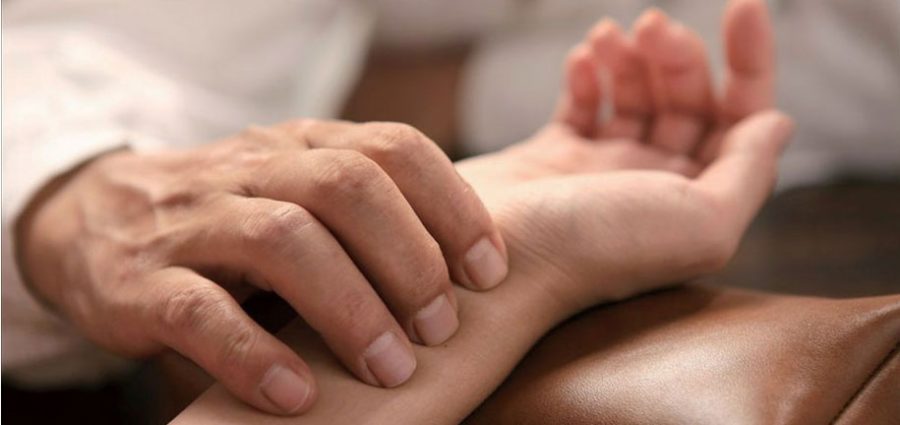Executive Council spokesman Leong Heng Teng said Wednesday that the
government has drafted a bill on the qualification and licensing of the
city’s medical personnel.
The bill covers various kinds of medical practitioners, therapists and a
range of kinds of other medical-related personnel, for both the public and
private health sectors.
According to Leong, the bill proposes that the new qualification and
licensing system for the city’s medical professionals covers doctors,
dentists, traditional Chinese medicine (TCM) practitioners, pharmacists,
nurses, clinical analysts, radiographers, chiropractors, physiotherapists,
occupational therapists, speech and language therapists, psychotherapists, dieticians, and technical assistants working at pharmacies.
Addressing a press conference at Government Headquarters, Leong pointed out that the council, the government’s top advisory body, has recently completed its discussion of the bill.
Leong noted that the various kinds of medical personnel, in the public and private health sectors, are currently regulated by different pieces of legislation in Macau. He said that the government, therefore, has proposed a new qualification and licensing system for all kinds of medical personnel in both the public and private health sectors, with the aim of improving the quality of the city’s health service.
The bill will be submitted in due course to the Legislative Assembly (AL)
for debate and vote.
During the bill’s drafting process, the government analysed opinions from
the city’s health sector and residents’ views collected during a public
consultation in 2015, Leong said.
The bill proposes that an eligible person – i.e. the holders of medical
degrees and/or other necessary qualifications – has to be officially
accredited by the local government as being qualified to work as medical
personnel in their respective fields in Macau first, before they can apply
to obtain a licence to work as medical personnel, according to Leong.
According to the bill, a person has to pass an official examination before
they can apply to take part in an officially-required internship for at
least six months. After they complete the internship, they have to pass an
examination before they can be accredited as a medical professional allowed to work in Macau, according to the bill.
The bill proposes that medical personnel are to be accredited by an entity
tentatively called Medical Professional Council, while the Health Bureau
(SSM) will be responsible for the licensing of medical personnel, according
to Leong.
After being accredited by the council, the person has to apply for a licence
before he or she can work as medical professional in Macau, according to the bill.
Local residents are eligible to obtain a licence valid for three years,
while medical institutions can apply to obtain a licence for a non-local
medical professional valid for one year, in the situation such as when the
institutions plan to hire medical professionals of which there is a lack in
Macau, or when the non-local professionals are to provide medical training in Macau, according to the bill.
According to the bill, such non-local medical professionals can only renew
their licence to work in Macau three times.
The bill proposes that local medical professionals – holders of a licence
valid for three years – have to receive “continuing education” in order for
their licence to be renewed every time.
According to the bill, there will be no automatic renewal of medical
licences.






